A few days back we mentioned actor Armie Hammer bringing attention to the political controversy surrounding Marvel chairman Isaac Ike Perlmutter. A new incident has made it clear that Marvel’s policies against political content are being more widely applied and brought renewed attention to the controversy.
Over the weekend, a story in the Guardian revealed that Pulitzer Prize winning author Art Spiegelman had withdrawn his introduction for a collection of historical Marvel comics when the publishers demanded that a reference to “An Orange Skull” be removed.
In a conversation with The Beat, Spiegelman confirmed that he had been asked to write an intro to The Folio Society’s Marvel: The Golden Age 1939–1949, a collection of old stories starring the Marvel characters. The Folio Society is located in England and is known for its deluxe editions of classic works. This Marvel volume is the first in a purported series. While Marvel has been licensing out a lot of their historical and younger content, Spiegelman was told that Marvel is a “co-publisher” of this edition.
Spiegelman told me he’s not a big superhero fan, but he buckled down to research the topic of these comics, and noted how they were rooted in the early Jewish immigrant experience, as well as a reaction against the rise of Fascism in Europe. The first issue of Captain America – created by Jewish-Americans Joe Simon and Jack Kirby – made this explicit, with Cap punching Adolf Hitler right on the cover.
However, after the essay was initially accepted, Spiegelman’s contact at The Folio Society wrote back to say that a reference to “an Orange Skull” was a problem, since Marvel “is not allowing its publications to take a political stance”.
Although they attempted to reach a compromise – perhaps with a disclaimer on the essay – this was also rejected after the matter was discussed at the highest levels at Marvel.
Spiegelman’s essay ran yesterday in the Guardian, and it’s actually a great summation of the politics surrounding the early years of the comic book industry.
In late 1940, over a year before Pearl Harbor, while the Nazis were Blitzkrieging London, Simon, an entrepreneurial freelancer for Funnies, Inc, was hired by Goodman to write, draw and edit for him directly. Simon showed him the cover concept for a new superhero that he and Kirby had dreamed up – a hero dressed like an American flag with giant biceps and abs of steel has just burst into Nazi headquarters and knocked Hitler over with a haymaker to the jaw. Goodman began to tremble, knowing what an impact this book would make and remained anxious until the first issue of Captain America, dated March 1941, landed on the stands. Goodman had been terrified that someone might assassinate Hitler before the comic book came out!
The Guardian version of the essay contained a new ending, with Spiegelman noting that Marvel’s Perlmutter is a close close friend of Donald Trump, as well as one of his biggest financial campaign donors.
I turned the essay in at the end of June, substantially the same as what appears here. A regretful Folio Society editor told me that Marvel Comics (evidently the co-publisher of the book) is trying to now stay “apolitical”, and is not allowing its publications to take a political stance. I was asked to alter or remove the sentence that refers to the Red Skull or the intro could not be published. I didn’t think of myself as especially political compared with some of my fellow travellers, but when asked to kill a relatively anodyne reference to an Orange Skull I realised that perhaps it had been irresponsible to be playful about the dire existential threat we now live with, and I withdrew my introduction.
Neither publisher has responded to requests for comment.
For his part, Spiegelman is happy that the essay has actually received “wider distribution and more attention than it would have” as the introduction to a collector’s edition of comics that retails for $225.
Marvel historian/write Roy Thomas has now been tapped to write the intro.
The withdrawal of the essay drew widespread criticism on Twitter, of course with perhaps the most succinct being:
https://twitter.com/laura_hudson/status/1163154971887456257
This is not the first time that Marvel’s aversion to “political content” has come up. Artist Ardian Syaf was fired for references to discriminatory local Indonesian politics. Writer Chuck Wendig was fired off of Star Wars for expressing some strongly worded politics on Twitter. A long long time ago, the Tea Party objected to some posters in the background of a Captain America comics, and some editors became more skittish about political content in that relatively innocent time. While it’s not exactly clear where this policy began, the floodgates of anti-diversity propaganda directed at Marvel seems to have created some risk averseness.
While calls to boycott Marvel or #SpikeIke haven’t gotten much traction, if there are more incidents like this, more people may become more upset about just what is and isn’t allowed at Marvel — and how much Ike Perlmutter is involved in such decisions.


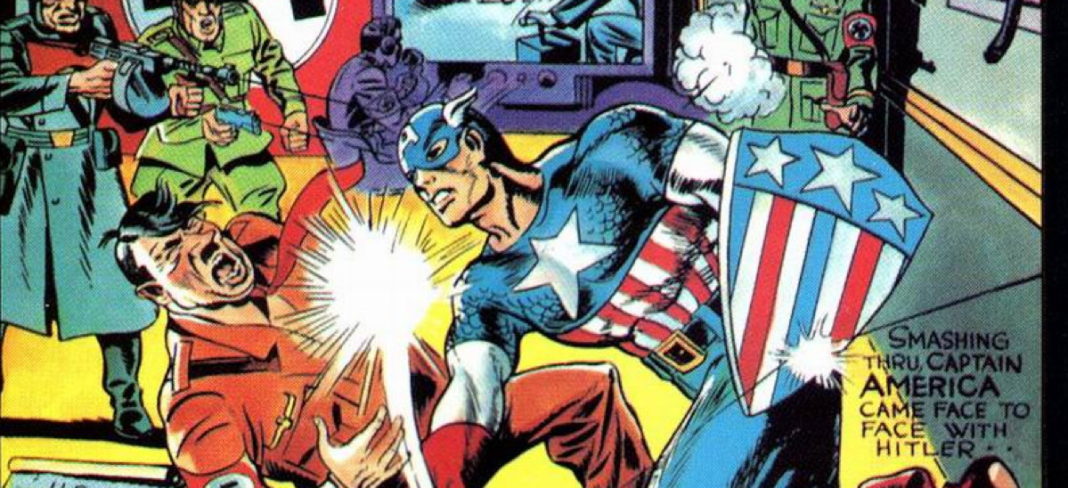

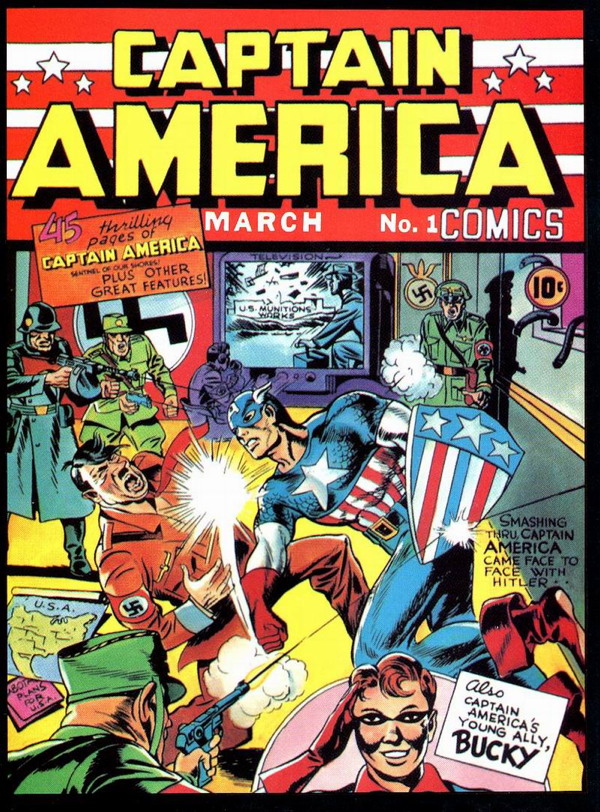
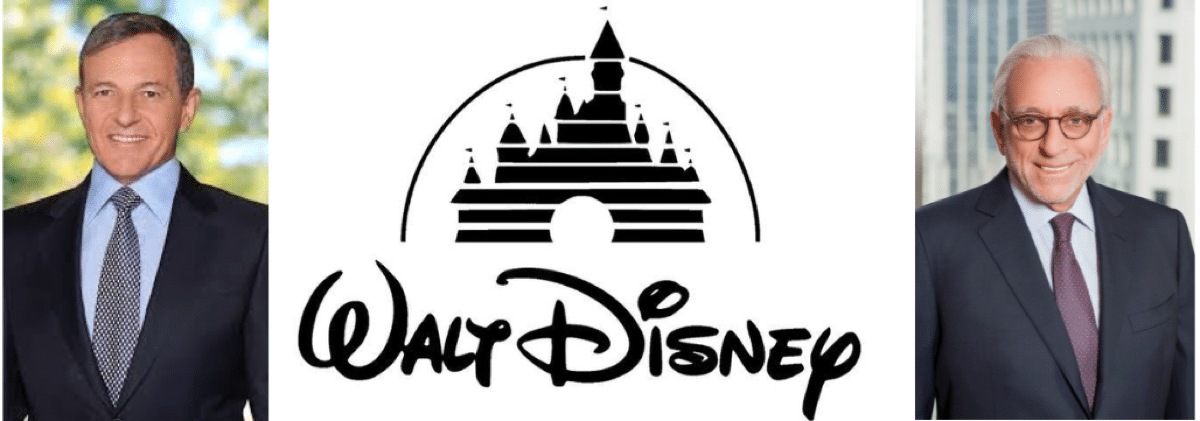
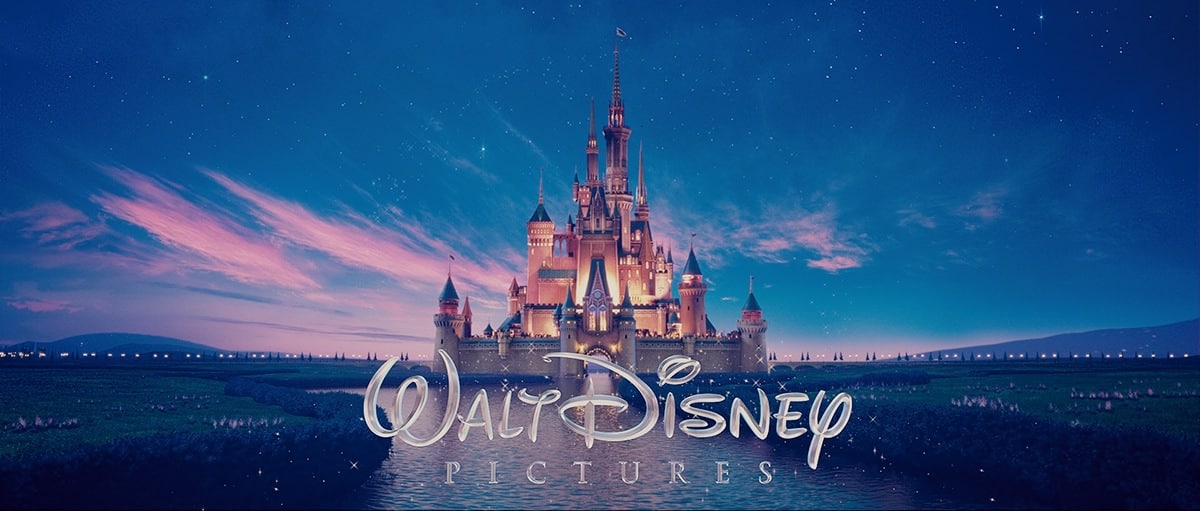
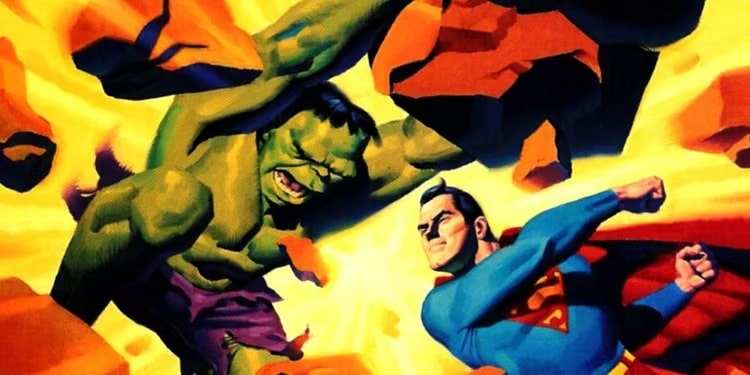
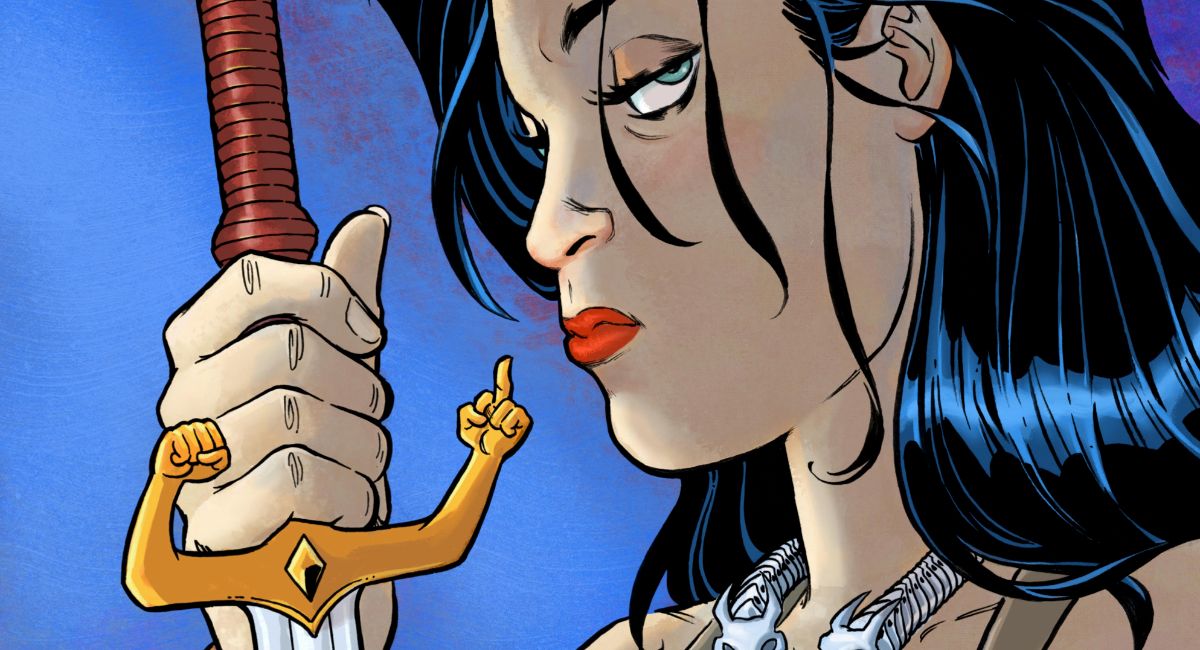




Good thing Martin Goodman wasn’t pals with Nixon. A lot of satire and commentary would have been scuttled.
Comicsgaters will likely hail this as a return to an “apolitical” Marvel (which has never existed). Decreeing that a very polarizing president cannot be criticized or lampooned is itself a political act.
If the essay hadn’t been withdrawn and published as written, it would probably have just gotten passing notice since a lot more serious criticism of Trump is out there. But now it is getting far more attention than it would have gotten otherwise. I don’t think that’s the effect Marvel wanted to achieve.
TRUMP 2020!
It’s a lousy introduction anyway. Why get an essay about superhero comics from someone who thinks superhero comics are beneath him?
I stopped buying Marvel’s rags years ago because of lousy quality and sky-high prices. Now I’ll continue the boycott because of crappy right-wing politics at the top.
Guess you couldn’t have a villain drawn to resemble Spiro Agnew in today’s “apolitical” climate.
https://www.comics.org/issue/24140/cover/4/
For you apolitical kids out there, Agnew was Nixon’s vice president who, like his boss, resigned in disgrace.
Readers and Creators who view themselves as progressives SHOULD boycott marvel for this another other things. The Ike relationship to the administration is enough. But they can’t and won’t quit Marvel.
I think including the Ardian Syaf case is not appropriate in this context, because the anti-semitic nature of some of his ‘hidden messages’ excludes him from being a martyr for free speach.
If you think comparing the President of the United States to a Nazi is “relatively anodyne” then you have completely lost the point. It’s embarrassing that someone like Spiegelman would fall victim to this kind of idiocy.
There have been quite a few comics published featuring Barack Obama. Imagine a collection of them with an introduction that compared Obama to the Mandrill for his ability to influence the public.
Mike
So this means that MCU Phase 4 won’t include The Orange Skrull?
MBunge, Obama never described neo-Nazis as “very fine people.” Trump did that. You know, those “very fine people” who were chanting, “Jews will not replace us.”
“Obama never described neo-Nazis as “very fine people.” Trump did that.”
No, he didn’t. Everyone who’s told you that has been lying to you about it. Cutting it short, after specifically saying he was NOT talking about white supremacists, Trump’s “very fine people” remark was about those on either side of the Confederate monument debate. That both those who wanted to tear down the monuments and those who wanted to maintain them included “very fine people.”
And before you try and argue, how many times have you actually SEEN the video of Trump’s Charlottesville remarks? How many times have to READ the actual transcript?
Mike
All political leaders, before entering office, must ask themselves, “What Would the Red Skull Do?”
And of course, the logical conclusion would be– acknowledge Jerusalem as the capital of Israel.
Yep, that’s just what the Red Skull would do.
“No, he didn’t.”
sure, keep telling yourself that Trump isn’t racist himself and/or courting racists, which is aboout the same thing, morally speaking.
I’m surprised any of it rose to the public attention, but I can see Marvel not wanting the introduction to a historical collection to make overt references to current politics. It’s not censorship, as clearly Mr. Spiegelman was able to distribute his analysis of pre-war anti-fascism to today’s global politics to a much wider audience. He has every right to make those statements, but Marvel has every right to not include them if Marvel finds them irrelevant to a collection of their old material.
“sure, keep telling yourself that Trump isn’t racist himself and/or courting racists”
Whether or not Trump is a racist or a horrible person is a whole ‘nother subject. It is a fact, however, that people are calling him a “white nationalist” or a “white supremacist” based on a LIE.
Mike
Comments are closed.